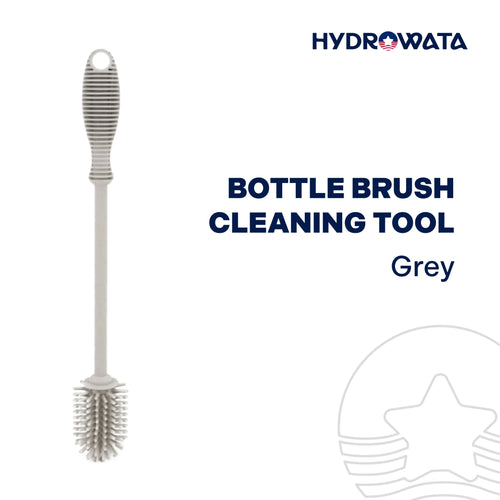Oxidative stress happens when your body makes more “free radicals” than it has “antioxidants” to neutralize them.
Free radicals are unstable molecules produced whenever your cells create energy—and extra ones sneak in from pollution, UV rays, processed foods, and even intense exercise.
Think of your body like a garden:
- Healthy plants (your cells) need nutrients to grow strong.
- Weeds (free radicals) sprout up and steal those nutrients, crowding out the good plants.
- Gardeners (antioxidants) pull the weeds and keep the garden thriving.
When weeds take over faster than gardeners can remove them, the garden suffers—plants droop, roots weaken, and eventually, flowers and fruits stop growing.
In the same way, when free radicals overwhelm antioxidants, your cells become damaged.
That damage signals your immune system to turn on inflammation as a repair crew—but if the weeds keep sprouting, the crew never stops working.
Over time, this nonstop “repair mode” leads to chronic inflammation, making you feel stiff, sore, and tired.
Worse still, the longer it goes unchecked, the higher your risk for conditions like heart disease, arthritis, and diabetes.
By reducing those extra free radicals—through diet, sleep, and antioxidants—you allow your body the opportunity to soothe inflammation and begin repairing itself.

































